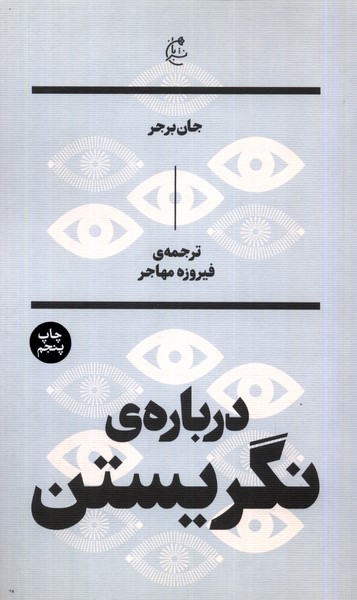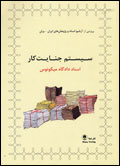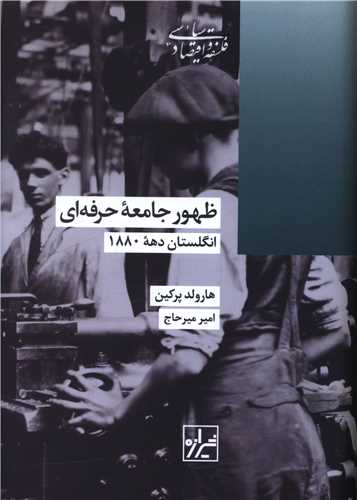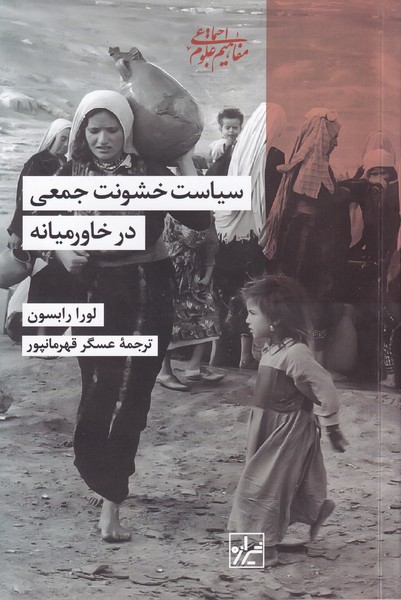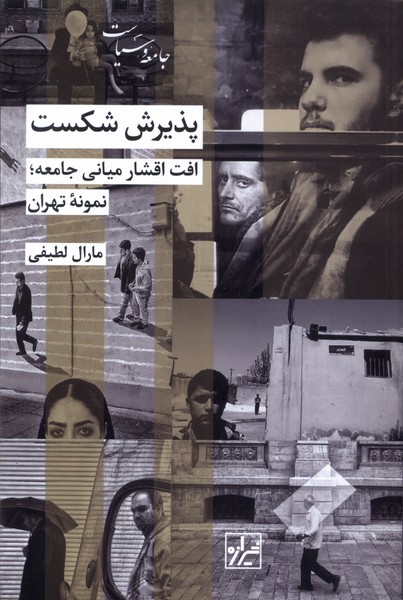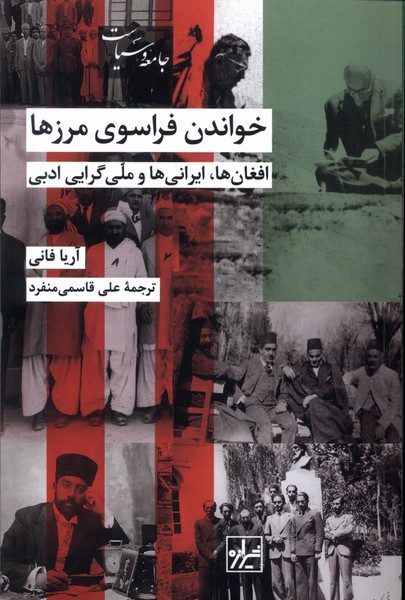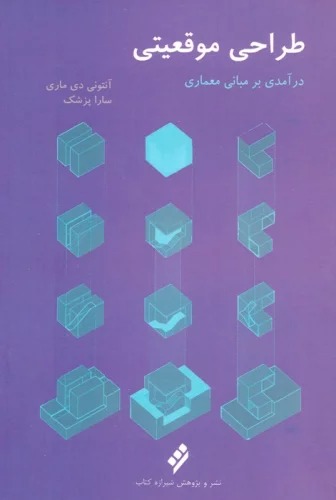Zamin va inqilab dar iran (1340-1360): Persian 2023
زمین و انقلاب در ایران(1360-1340)
24.88 $
Share
Wishlist
Original Title:
Land and Revolution in Iran
,
1960–1980
ISBN:
9786003000377
Translator:
Firuzih Muhajir
Publisher:
Shirazih
Age Group:
Adult
Pages:
285
Weight:
336 g
Dimensions:
14 x 21 x 2.6 cm
Book Cover:
Board Books
Iran's land reforms, carried out by Shah's government between 1962 and 1971, were one of the most ambitious measures in the modern history of the Middle East. However, less than its apparent statistical success, the actual achievements of the program in terms of positive benefits for the peasants were negligible. Later, the widespread discontent of thousands of Iranian villages led to the downfall of the Shah. Eric Hogeland's analysis in the first major study on the effects of this highly publicized program shows that the main motivations behind the land reforms were political. In an effort to replace the almost absolute authority of the owner class over the villages, the central government hoped to expand its powers throughout the villages of Iran. While the Pahlavi government achieved this goal, its failure to implement effective structural reforms was a long-term liability. Hoagland, who conducted field research in rural Iran throughout the 1970s and witnessed the revolution from a small village, provides a detailed account of the development of land reform and its effects on the main groups involved: landowners, peasants, local officials, and merchants. , and brokers. He shows how continued rural poverty caused thousands of peasants to migrate to cities, resulting in a severe shortage of agricultural workers and an oversupply of unskilled urban labor. When Shah's rule faced mass opposition in the cities in 1978, not only did the disillusioned rural population not support the regime, thousands of villagers participated in demonstrations that hastened the collapse of the monarchy.
more
اصلاحات ارضی ایران که توسط دولت شاه بین سالهای 1962 و 1971 انجام شد، یکی از بلندپروازانه ترین اقدامات در تاریخ مدرن خاورمیانه بود. با این حال، کمتر از موفقیت آماری آشکارش، دستاوردهای واقعی برنامه، از نظر منافع مثبت برای دهقانان، ناچیز بود. بعدها، نارضایتی گسترده هزاران روستای ایرانی منجر به سقوط شاه شد. تحلیل اریک هوگلند در اولین مطالعه ی عمده در مورد تأثیرات این برنامه ی کاملا تبلیغاتی نشان می دهد که انگیزه های اصلی در پس اصلاحات ارضی سیاسی بوده است. دولت مرکزی در تلاش برای جانشینی اقتدار تقریبا مطلق طبقه مالک بر روستاها، امیدوار بود که اختیارات خود را در سراسر روستاهای ایران گسترش دهد. در حالی که حکومت پهلوی به این هدف دست یافت، ناکامی آن در اجرای اصلاحات ساختاری موثر، یک مسئولیت بلندمدت بود. هوگلند که در سراسر دهه 1970 در روستاهای ایران تحقیقات میدانی انجام داد و شاهد وقوع انقلاب از یک روستای کوچک بود، شرح دقیقی از توسعه ی اصلاحات ارضی و تأثیرات آن بر گروه های اصلی درگیر ارائه می دهد: مالکان، دهقانان، مقامات محلی، بازرگانان، و دلالان. او نشان می دهد که چگونه ادامه ی فقر در روستاها باعث مهاجرت هزاران دهقان به شهرها شد و در نتیجه کمبود شدید کارگران کشاورزی و عرضه بیش از حد نیروی کار غیر ماهر شهری به وجود آمد. هنگامی که حکومت شاه در سال 1978 با مخالفان تودهای در شهرها مواجه شد، نه تنها جمعیت روستایی سرخورده از رژیم حمایت نکردند، بلکه هزاران روستایی در تظاهراتی شرکت کردند که فروپاشی سلطنت را تسریع کرد.
more



